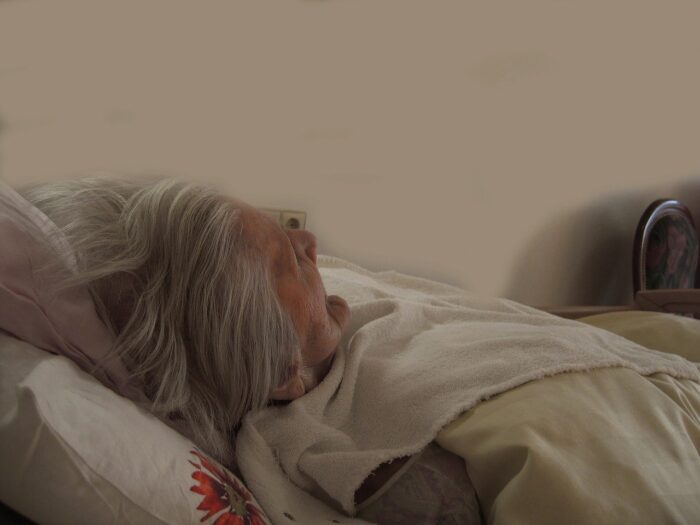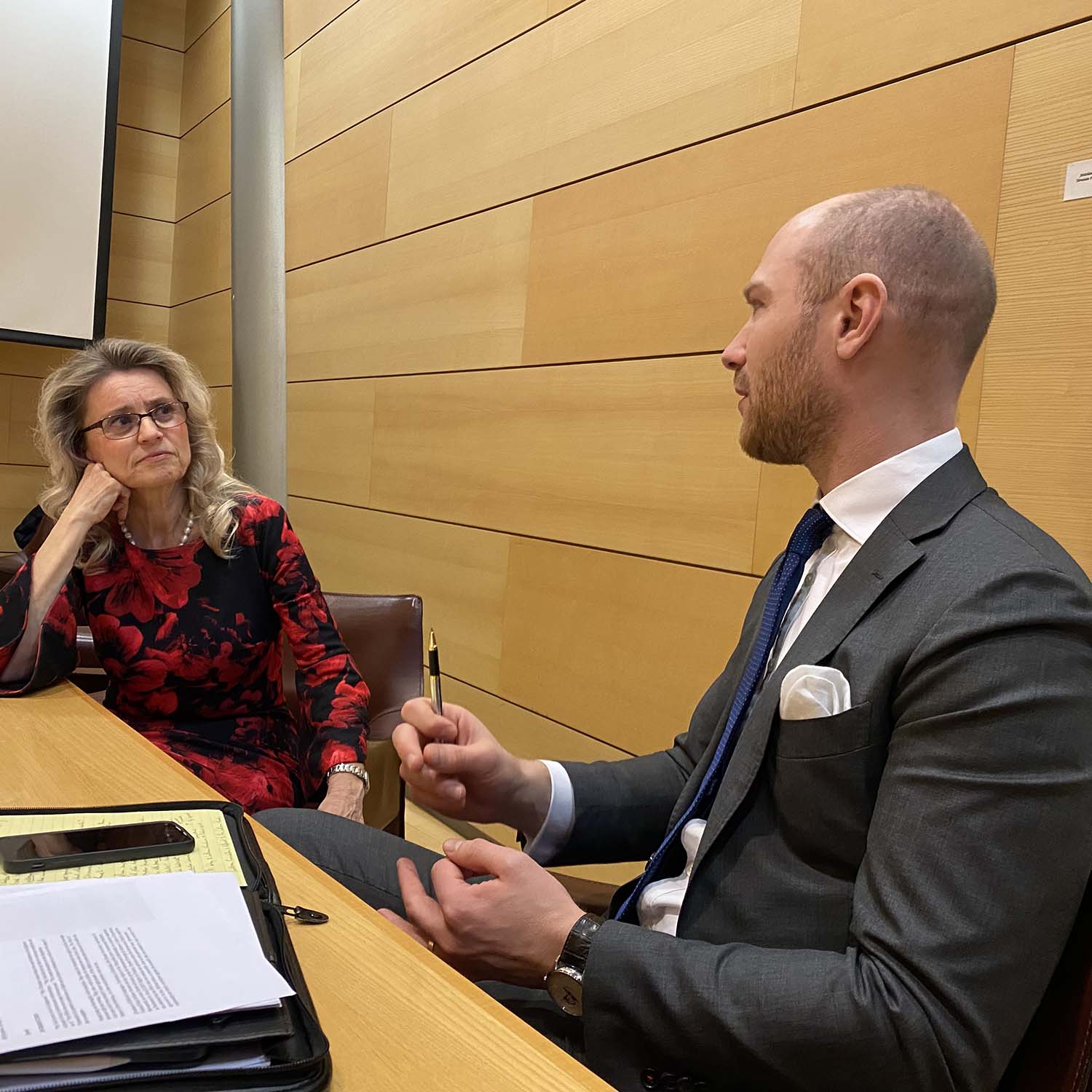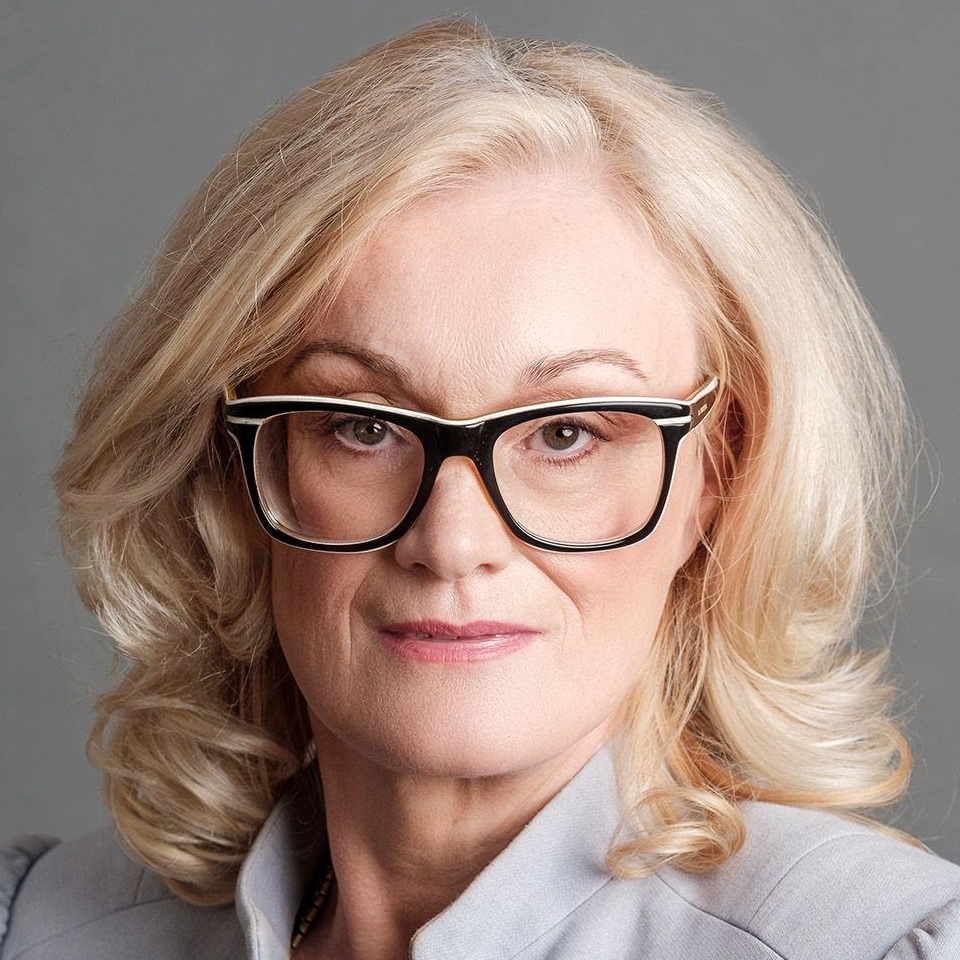
A report on “The persecution of minorities on the grounds of belief or religion” that human rights experts denounced as “openly hostile towards religion” has been adopted by the European Parliament.
While the initial draft of the report referred to religion as a “human right” and “often a last bastion of liberty” in society, the adopted report describes religion as a threat to a free society by criticising it as “an important driver of conflict worldwide.”
The Committee on Foreign Affairs (AFET) of the European Parliament amended the draft report in such a way that the scope and tone of the report have completely shifted. Defenders of religious freedom have even described the report as openly hostile to religion in some paragraphs. The persecution of Christians in the Middle East and Africa was omitted and all but one reference to Christians was deleted. The report does include multiple references emphasizing protections for atheist, secular or humanist belief minorities.
Experts also criticised that the victims who were supposed to be protected by this report ended up being painted as aggressors. They also note that the adopted report goes so far as to condemn religions for their stance on marriage and the protection of life from conception until natural death, which goes far beyond the scope of the report.
“While I welcome the EP’s report on the persecution of religious freedom, I cannot help but express my dismay at the way this report has been hijacked to stigmatise religion itself,” said Miriam Lexmann, Member of the European Parliament from Slovakia.

The newspaper initially agreed to publish the bishops’ statement on today’s elections in the North, “Make Your Voices Heard”.
However, they subsequently asked that sections highlighting abortion and religious freedom be taken out.
In one example, in a section about the rights of the unborn, the paper objected to the line saying that the unborn are “being increasingly relegated – culturally, politically and legally – to the realm of the worthless and sub-human”.
Archbishop of Armagh, Eamon Martin, called the move “disturbing” and said it amounted to “editorial interference” and “censorship”.
Another newspaper, the Irish News, carried the ad in full.

A study purporting to show that non-religious teachers in Church-run post-primary schools are ‘suppressing’ their beliefs to preserve their career prospects is based on a tiny sample of just 15 people.
The cross-Border study by Dr Catherine Stapleton of Mary Immaculate College and Dr James Nelson of Queen’s University Belfast interviewed five teachers in the North and ten in the South.
The researchers had difficulty recruiting people to the study, which admits: “Initially, a number of established humanist organisations and social network groups were contacted. However, it proved challenging to find participants and the researchers asked the organisations to re-advertise.”
Snowball sampling was utilised, whereby participants were asked at interview if they had colleagues who may be interested in participating in the research.
The participants, who described themselves as non-religious, said they felt unprepared for the religious expectations they encountered in schools and the assumption that they would uphold the ethos of the school. This, they claimed, caused a range of ethical and professional dilemmas.

One in three hundred Canadians identify as transgender or non-binary according to data from a new census by Statistics Canada.
The results showed, of the nearly 30.5 million people in Canada aged 15 and over living in a private household, 59,460 were transgender and another 41,335 were non-binary.
Broken down by age and sex, the data found that young people are much more likely to identify as transgender. Statistics Canada labels it a “generation gap”.
The two sexes follow quite different patterns. While the proportion of transgender women — i.e., biological males — fell from 0.18% (aged 20 to 24) to 0.08% (aged 65+), transgender men were far more heavily skewed to the younger age groups. Among biological females, those aged 15 to 24 were over five times more likely to identify as transgender than those over 40.

A Catholic couple say they will go to jail rather than pay a €300 fine for travelling 70km to attend Mass during a covid lockdown. Public worship was banned for 42 out of 60 weeks in the various lockdowns, the longest of anywhere in Europe.
Retired firefighter Jim Ryan (64) and his wife Ann (59), a retired nurse, found themselves in court for the first time in their lives earlier this month on a summons for breaching the 5km limit on Palm Sunday, March 28, 2021.
The couple were convicted of the offence by Judge Raymond Finnegan at Cavan District Court but immediately appealed – and have now vowed to go to jail if they cannot get it overturned.
“I will go to jail before I pay it. I would rather go to jail, without a shadow of a doubt,” Jim told the Sunday World.
“I have no intention of paying them a fine for me going to Mass – for doing what I have done my whole life.”

A Canadian woman has been killed via assisted suicide in a church in Canada.
Betty Sanguin arrived at her church, Churchill Park United in Winnipeg, on a stretcher around noon on March 9, having chosen the sanctuary as the place to die. News on the event has come to light more recently.
James Mildred, of pro-life charity, CARE, said in response: “The fact that a church in Canada has endorsed the practice of assisted suicide is deeply troubling…I can honestly say that it is my clear conviction that God’s word is clear on this matter.
“Time and again, the Bible teaches us that our lives are in God’s hands, and we are not to murder or be involved in helping someone kill themselves.”
Chairs were set up in what Renée Sanguin, one of Betty’s daughters, described as a “circle of care.”
In what was dubbed a “crossing-over ceremony”, hymns were sung and guests said their goodbyes.
Afterwards, the church’s minister, Rev. Dawn Rolke, offered a blessing and each of Mrs Sanguin’s six children placed their hands on her as Rolke invited her to go in peace.

The Finnish State prosecutor has filed an appeal against a unanimous court decision which exonerated a Finnish MP and bishop of “hate speech” allegations for quoting the Bible in respect of sexual morality and homosexuality.
The prosecutor is demanding tens of thousands of Euros in fines and that Finnish Parliamentarian Päivi Räsänen and Evangelical Lutheran Bishop Juhana Pohjolas’ publications be censored.
On 30th March 2022 the Helsinki District Court had dismissed all charges against Räsänen and Pohjola, stating that “it is not for the district court to interpret biblical concepts”.
Responding to news of the appeal, Räsänen said: “After my full exoneration in court, I am dismayed that the prosecutor will not let this campaign against me drop. And yet, the prosecutor’s decision to appeal may lead to the case going all the way to the Supreme Court, offering the possibility of securing a positive precedent for freedom of speech and religion for all Finnish people”.
She added: “Also, I am happy that this decision will lead to the discussion of the Bible’s teachings in society. I am ready to defend freedom of speech and religion in all necessary courts. As far as the European Court of Human rights, if necessary”.

The Religious Sisters of Charity have departed from healthcare after more than two centuries, in a move that will pave the way for abortions to be carried out in the New National Maternity Hospital (NMH) after it is built on a site at St Vincent’s Hospital, despite claims to the contrary.
“We will have no role in the future of the new independent charity, the St Vincent’s Healthcare Group, St Vincent’s Holding CLG or the new National Maternity Hospital,” said Sr Patricia Lenihan, superior general of Religious Sisters of Charity. “Our sisters will continue to work with local communities in Ireland and abroad.”
In a deal under discussion with the Government, St Vincent’s Healthcare Group (SVHG) will lease the NMH site to the State for 299 years. In addition, the hospital’s Health Service Executive licence will incorporate legal measures requiring it to provide all procedures allowed under law in Ireland.
In a statement on Thursday, SVHG Chairman, James Menton, said the sisters’ role in the development of modern healthcare for Irish people from all walks of life, “cannot be underestimated and we thank them sincerely for their commitment, dedication and service.”

People in England and Wales must now be aged 18 or over to get married. The move comes even as campaigners seek ever greater freedom for under 18s to access abortion or engage in sex-change procedures.
On Tuesday, a backbench bill was approved by the House of Lords and cleared Parliament without opposition.
The bill, which was first introduced in June last year, is set to become law later this week after it receives Royal Assent, and will override the previous law that stated people can get married at the age of 16 with parental consent.
Under the new law, adults could face up to seven years jail time for facilitating underage marriages. Participating children will not face jail time.
The law also applies to cultural or religious marriages not registered with the couples’ local council.
The move has been praised by anti-child marriage campaigners. Campaigner Payzee Malika, who’s sister, Banaz, was killed in an “honour killing”, tweeted that this new law “could have saved her”.
Malika herself became a child bride at age 16, something she reflected on as the new bill passed.

An Independent Senator has resigned from an Oireachtas children’s committee after enduring fierce criticism in a related committee for airing objections to commercial surrogacy.
In a private meeting on Wednesday, Ms Sharon Keoghan unsuccessfully sought an apology from two other members of the Oireachtas Committee on International Surrogacy. Senator Keoghan was told to “check your Christian privilege” by Senator Lynn Ruane who also condemned her for describing commercial surrogacy as “exploitative” to people who have availed of the practice and were addressing the committee.
Shortly afterwards Ms Keoghan wrote to the Oireachtas Committee on Children, chaired by Sinn Fein’s Kathleen Funchion (who had chaired the bruising encounter at the Surrogacy committee last week), saying she was resigning as she did not feel safe any longer. She is remaining on the surrogacy committee, however.
“I wish to inform you that I wish to resign my position as a member of the above Committee,” she wrote. “I will continue to sit on the Joint Committee on International Surrogacy.
“I no longer feel safe or protected as a member of the committee and have made this difficult decision as a result of that. I will offer my place to an Independent Senator from my grouping and will correspond directly with the Seanad office in order so that a Committee of Selection can be convened.